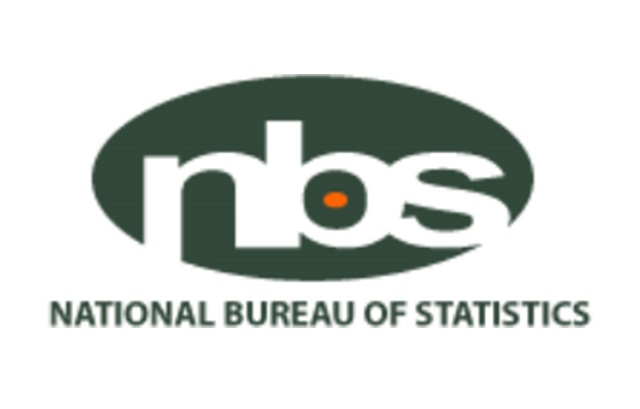Nigeria’s total capital importation dropped to $2.14 billion in the fourth quarter of 2018 (Q4, 2018) compared to $2.85 billion in the preceding quarter, according to the National Bureau of Statistics (NBS).
This represented a decrease of 25.05 per cent quarter on quarter and 60.24 per cent decrease when compared to estimates in Q4 2017.
However, the total value of capital importation in 2018 stood at $16.81 billion, representing a growth of 37.49 per cent (year-on-year) when compared to the $12.22 billion recorded in 2017.
According to the Nigerian Capital Importation report for Q4 and full year 2018, which was released Wednesday by the statistical agency, purchase of shares and portfolio investment dominated the capital inflows both for Q4 2018 and 2018 full year.
Portfolio investment accounted for the largest capital importation type at $11.80 billion or 70.20 per cent of total capital importation.
Other investment type accounted for 22.69 per cent or $3. 81 billion of total capital while Foreign Direct Investment (FDI) contributed 7.11 per cent or $1.19 billion of total capital imported in 2018.
By sectoral categorisation, capital importation by shares, which is closely related to Equity investment (FDI and Portfolio Investment) dominated 2018 reaching $10,425.18 of the total capital Importation in 2018.
The United Kingdom emerged as the top source of capital investment in the country in 2018 with $6.01 billion, representing 35.74 per cent of the total capital inflow.
The drop in capital importation may not be unconnected with the recent withdrawal of portfolio investors from the country partly as a result of the interest rate hike by the US Federal Reserve, which had attracted investors from all parts of the world.
The decline in foreign investment was also linked to the uncertainty surrounding the forthcoming general election.











